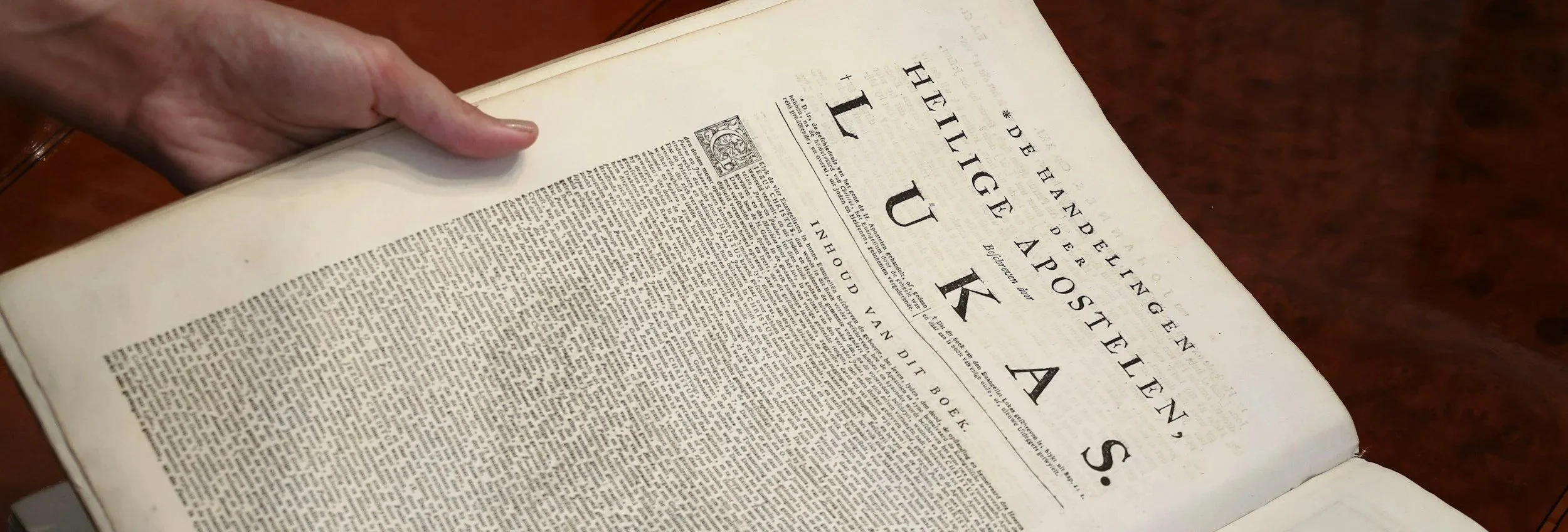…The whole scene is a torpor of movement and action: swords drawn, Malchus’ ear being severed, torches being raised, arms lifted, hands gripping bodies in the background, two men wave cudgels, and everyone’s legs and cloaks seem in a tangle. Two frightened on-lookers peer from behind a rock face —have they just woken from slumber?
Read moreO! to be like Him!
p/c Francesco Alberti via unsplash











